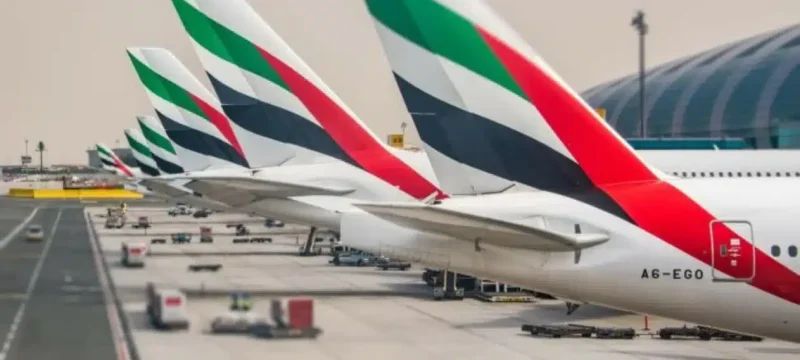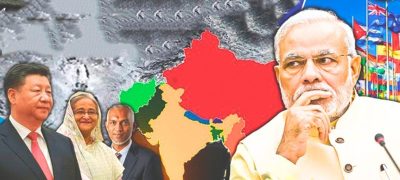In an unexpected turn of events, Kenya has decided to reverse its earlier announcement regarding the introduction of visa-free entry for global travelers.
According to the recent announcement from the Kenya Civil Aviation Authority (KCAA), individuals planning to travel to Kenya will now be required to follow the existing visa application process through Kenyan embassies. The KCAA emphasized that foreign nationals must adhere to the current visa application procedures, confirming the reversal of President Ruto’s initial decision.
Read more : China Announces Visa-Free Travel for Several Countries, Aims to Boost Tourism
In response to the initially planned presidential directive set for January 2024, the KCAA conveyed that the development and implementation of an Electronic Travel Authorization (ETA) system are in progress. However, until the government officially communicates the rollout of the ETA system, travelers from countries requiring visas must continue to apply for visas using the conventional method.
The announcement from the authority did not specify a particular date for the implementation of the visa-free system. This reversal contradicts President Ruto’s initial declaration on December 12, where he had unveiled plans for Kenya to eliminate visa requirements for international visitors starting from January 1.
During an event commemorating Kenya’s 60 years of Independence from Britain, President Ruto had officially announced the removal of visa requirements for all travelers, aligning with his broader advocacy for visa-free travel within the African continent. The president had previously outlined his intentions for visa exemptions, asserting that citizens from African countries would be able to visit Kenya without a visa by the end of the ongoing year.
At that time, President Ruto had delivered a welcoming message, stating, “Kenya has a simple message to humanity: Welcome Home!” The recent decision to reverse the visa-free entry plan has brought about a significant shift in the country’s travel policies, raising questions about the reasons behind this unexpected change and its potential impact on international visitors and diplomatic relations.









